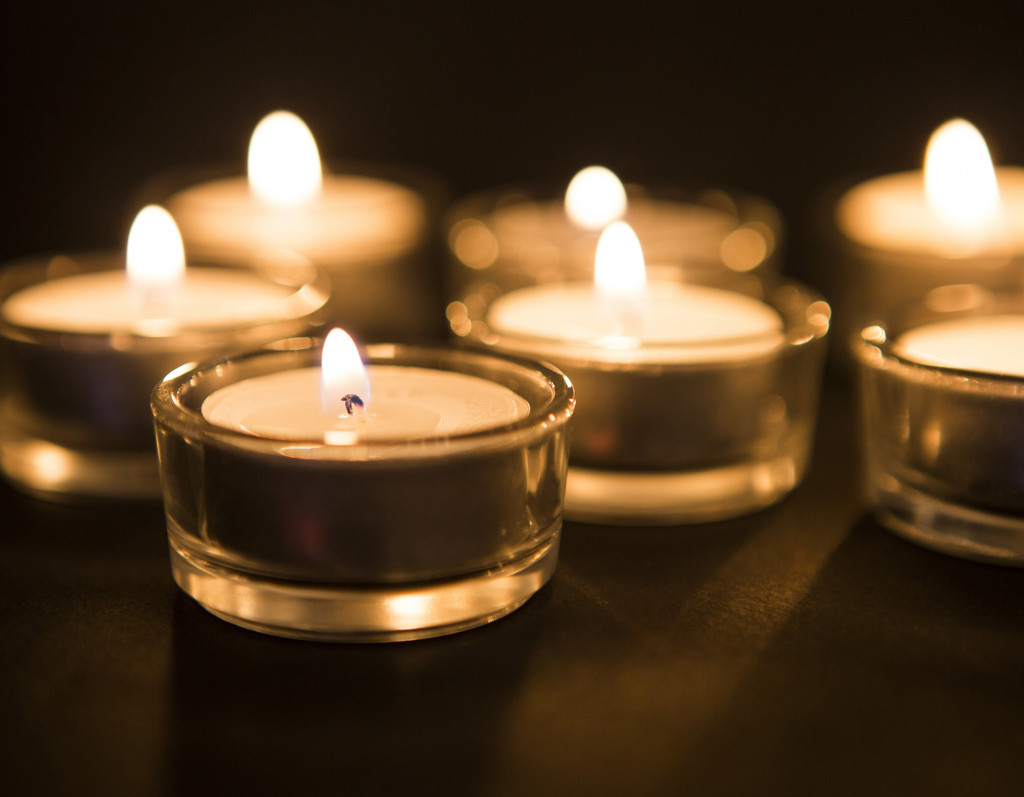Fire is a severe threat to any home. Not only can it cause extensive damage, but it can also lead to injuries or even fatalities. To protect your home from fire, it is important to be aware of the dangers and take steps to prevent fires from starting in the first place. Here are some tips on how to do just that.
Check Electrical Wiring and Appliances
It is crucial to have all electrical wiring and appliances checked regularly by a qualified electrician. This will ensure that any potential problems are caught early and corrected before they have a chance to cause a fire. Additionally, it is essential to always use appliances and electrical devices according to their manufacturer’s instructions. This includes not overloading outlets or extension cords and not using damaged or frayed cords.
You should also consider inspecting all the electrical wires and appliances regularly. If you find any wiring problems, you can contact an emergency electrician in your locality. The electrician will determine and solve the problem to ensure that the wiring problem doesn’t lead to a house fire. Moreover, the electrician will have the right tools to prevent the problem from escalating and impacting other electrical connections in the house.
Keep Flammable Materials Away from Heat Sources
Every year in the United States, home fires claim the lives of more than 2,500 people and injure another 12,600. Many of these fires could be prevented if people took simple precautions, such as keeping flammable materials away from heat sources.
Flammable materials include anything that can easily catch fire and burn, such as paper, wood, gasoline, and propane. Heat sources, such as stoves, candles, cigarettes, and electrical appliances, produce heat. When flammable materials are close to heat sources, they can ignite and start a fire.
Protecting your home and family from fire is important to keep flammable materials away from heat sources. Make sure to store gasoline in a cool, dry place away from any heat source. Keep matches and lighters out of reach of children.
Never Leave Candles Unattended
Candles are a common source of fires in the home. According to the National Fire Protection Association, about one-third of home candle fires start when something that can catch on fire is too close to the flame. The leading items that ignite candles are curtains, clothing, furniture, and decorative materials.
To prevent candles from starting a fire in your home:
- Keep them away from anything that can catch fire. This includes curtains, furniture, clothing, papers, books, and other flammable materials.
- Keep candles at least 12 inches away from anything that can burn.
- Never leave candles unattended. If you must leave the room, blow out all candles before you go.
- Keep candles out of the reach of children and pets.

Install Smoke Alarms
Smoke alarms play a vital role in fire safety. By detecting smoke and sounding an alarm, they give people the time they need to safely evacuate a burning building. Studies have shown that homes with working smoke alarms are much less likely to experience a fatal fire. For those who live in single-family homes, the best way to protect against fire is to install smoke alarms on every level of the house.
Multi-family dwellings such as apartments and condos should have centrally located smoke alarms connected to the building’s fire alarm system. Whether you live in a house or an apartment, it’s also important to test your smoke alarms every month and replace them every ten years.
Never Use a Portable Generator Indoors
Never use a portable generator indoors to prevent fire in the home. If you must use one, follow these lifesaving tips: Put the generator outside and away from your home in a dry area where water won’t splash.
Connect appliances directly to the outlets on the generator using heavy-duty, double-insulated cords. Never overload the generator. Use a transfer switch to avoid back feed — when generators are connected directly to a home’s electrical system, they can send electricity back through power lines and endanger utility workers.
Don’t run a generator in wet weather. Keep it properly ventilated to avoid carbon monoxide poisoning. Check and change the oil regularly, according to the manufacturer’s instructions. Be sure to have a working carbon monoxide detector in your home. Portable generators are handy for many purposes, but they can be dangerous if misused. Never use one indoors or in any enclosed space, even if doors and windows are open, to prevent fire in the home.
These simple tips can help prevent fire in your home and keep your family safe. Be sure to practice fire safety habits like having a plan and knowing two ways out of every room, as well as keeping your home clean and free of clutter. In addition, never use a portable generator indoors, and be careful not to overload outlets. By taking these precautions, you can help to keep your home safe from fire.
